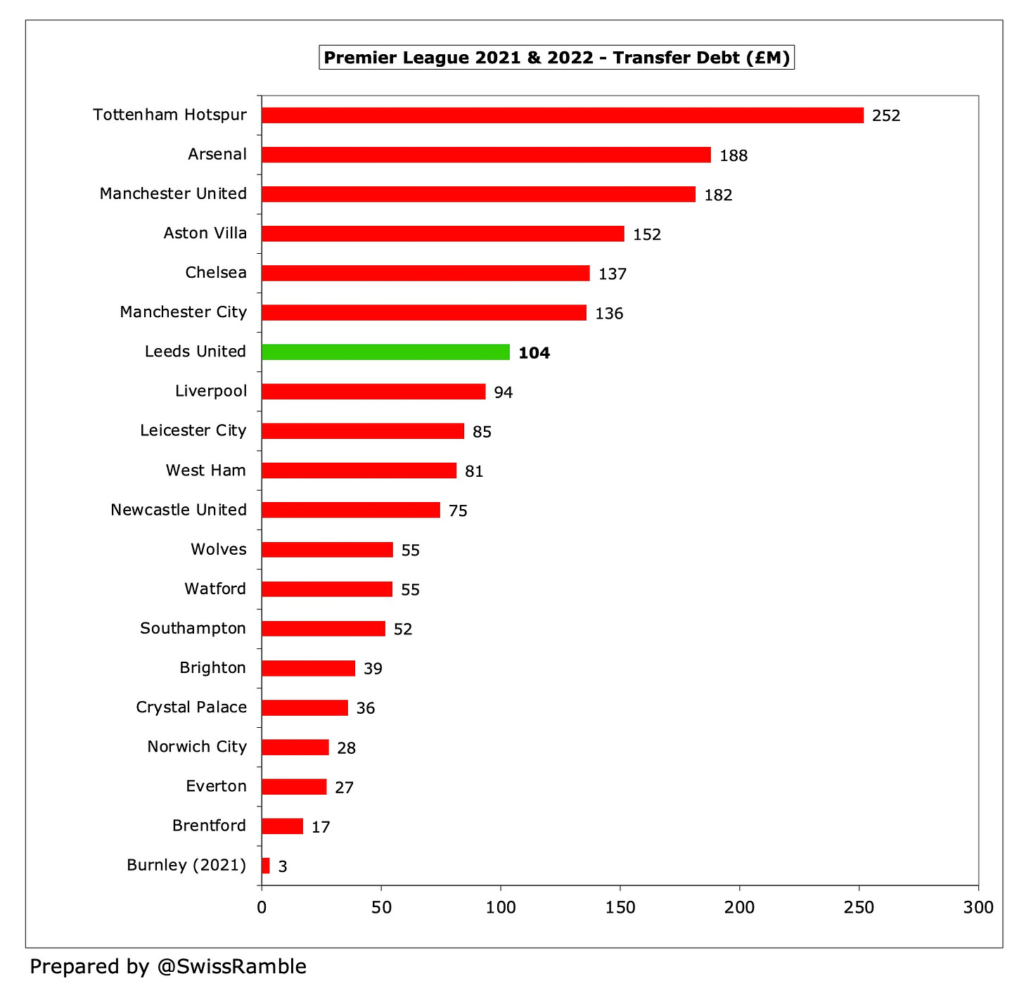In the last few years, we have been fascinated by Leeds United’s return to form. Football fans all over the world are on their toes thinking about them again in that elite category of English football .
Certainly with a rich history and large fan base, the club’s financial status has recently been in sharper focus.
Comprehension of Leeds United finances is not only a reflection on how the club runs but also what it wants in future from livesports © IGECOM Group B.V.
In this blog post we shall permanently peel back the curtain on the finances at Leeds United and tackle topics such as peaks, troughs, positioning now and what is needed to sustain success.
That should provide interesting views, whether you are a standard fan or an amateur football analyst.
Historical Overview of Financial Ups and Downs

Leeds’ financial history has been a rollercoaster of highs and lows. The club was formed in 1919 and with Don Revie at the helm, led a golden era during the late 1960s-1970s. But by the late 1990s, financial problems were arising.
Their desire to be the top dog in English football resulted in them blowing millions on players, thus struggling whenever things didn’t quite go their way.
The early 2000s were particularly turbulent for Leeds United. Their failure to qualify for the UEFA Champions League in the 2001-2002 season exacerbated their financial woes.
Unable to service their debts, the club was forced to sell key players and eventually faced relegation from the Premier League in 2004. This descent was a wake-up call, highlighting the perils of overextending financially without a safety net.
The next decade saw Leeds United battling a financial crisis as they slumped to lower league football. Ownership changes followed by restructurings were a regular occurrence, all focussed on getting the club back to how things used to be.
Still, ghosts of things past were quick to return when it came time for the financial rebound. That said, lessons were assimilated with time proving for a more prudent management of the club.
Current Financial Position Unveiled

Despite its history of financial mismanagement, Leeds United has achieved a lot in the area since returning to the Premier League again in 2020.
Concentrating on a stable growth, the club has been able to sustain its development off-the-field with wider financial flows and support from supporters.
Key Financial Highlights
Leeds United had a total revenue of €207.8 million, 27th out of all global football clubs and this was back in the year 2024! This revenue included:
- Match Day Revenue: $10 million
- Broadcasting Revenue: $561 million
- Commercial Revenue: $125 million
- Brand Value: $105 million
Leeds United This is interesting to compare against those big six clubs but in the grand scheme of things, commercially Leeds United are massive compared with most other non-big-six PL sides.
Their commercial revenue was £30 million while in the Championship but bumped up to £48 million on return to the top-flight.
Ownership and Management
49ers Enterprises Global Football Group LLC is the registered name of Leeds United, which they bought recently. Paraag Marathe and Jed York are over 10% stakeholders in that investment group at 49ers Enterprises Partners LLC.
This ownership change in 2023 brings additional investment and stability to the club.
Responsibilities and Achievements on Home Ground
Elland Road is the historic stadium that serves as a fortress for hundreds of thousands passionate fans. With a rich history, Leeds United has won:
- League Championship: 3 times
- Second Division Titles: 4 times
- FA Cup: 1 time
- League Cup: 1 time
- Charity Shield: 2 times
- Inter-Cities Fairs Cup: 2 times
Comparing Financial Standing with Other Clubs

Leeds United are at once robust and ambitious in terms of finance compared to other clubs, broadly speaking across the Premier League and its principal competition.
Leeds are not financially as strong as some of the elite clubs they once rivalled, however a good period under Radrizzani concerning governance etc. While bigger clubs boast even larger budgets, Leeds value stability over selling out to put on a show.
Leeds United were one of the most financially formidable teams in their division, and it also brought history and a name. Premier League football means that the competition is as fierce on it, as off of it.
Yet Leeds have set themselves apart from these examples of financial destruction by ensuring they do not repeat the same mistakes.
Central to that game plan is a sustainable wage structure and sensible financial speculation. The disciplined approach adopted by Leeds will ensure competition on the pitch, while protecting their financial foundations to avoid becoming another Bury or Bolton.
They have to try and do it here in an event bigger than the ones this scenario will cause, as they establish a new club on League footballs fine bones and for me that means starting from tier 9 rather then borough shown but at least by building slowly rather then expanding quickly are doing their best.
The COVID-19 Pandemic’s Financial Impact

Leeds United was another club to suffer from the financial impact of COVID-19, not unlike clubs around the world. The bans on playing games and the inability to allow paying fans in meant a huge drop-off in match-day income.
The absence of “money men” will only be emphasised by the fact that gate receipts are such a vital revenue stream no club is more reliant on bums through turnstiles than Newcastle.
But Leeds United fared better than most in the storm, largely because of their diversified revenues. That helped soften the impact, alongside a focus on broadcasting and commercial revenue to keep operations ticking over.
Fans were huge in more than just a monetary sense though, both emotionally and financially during that time really helped.
If there is anything that we have learned from the pandemic, it was how important having some flexibility in your financial plan could undermine even the best efforts.
This in turn meant a reappraisal for Leeds United, not only about what they seek to achieve but also the constraints that must be placed on all plans to allow for such potential de-railing.
When provisional decisions have to be scrutinized again, Liverpool can learn from this and they stand more equipped than before.
Strategies for Financial Health Improvement

The first of the series will look at Leeds United, and how they plan to become a financially stable club through growth, innovation and community.
A major effort taking place is the ability for them to increase their commercial partners, which bring in sponsor money.
Global brand partnerships further enhance the collective image on an international level, helping drive global revenue as well.
Youth development and scouting is another area of focus. Leeds United are able to do this by bringing through and identifying talented young prospects which helps them improve their squad without having to pay huge transfer fees.
It modifies the business problem of financial stress and cultivates a developmentally faithful workforce.
This ethos has been central to Leeds United’s financial strategy for some time. This way, the club establishes deeper connections with fans and their surroundings as well as reinforcing its brand in order to have a constant inflow of support.
Inclusivity and accessibility initiatives also go a long way in expanding the teams’ audiences, leading to increased brand exposure across sponsors.
Conclusion
A statement repeated for years in the football world that nevertheless rings true, since economic stability is as important to success on the field.
Naturally, they have had to take a crash course of life in modern football.
The business element of the game has changed and Leeds United are learning every day how it operates, where its pitfalls lie and what smart acquisition really means.
Balancing ambition with a prudent approach, the club is charting an organic path to success.
The fact that we have a permissible date for Leeds United to restart matches is down entirely to intelligent planning and the long-standing goodwill which an attractive sports brand can build within its core community.
For more Interesting Articles, follow us on Facebook or join our brand new WhatsApp Channel for instant updates directly to your phone.
Discover more from Leeds United News
Subscribe to get the latest posts sent to your email.



